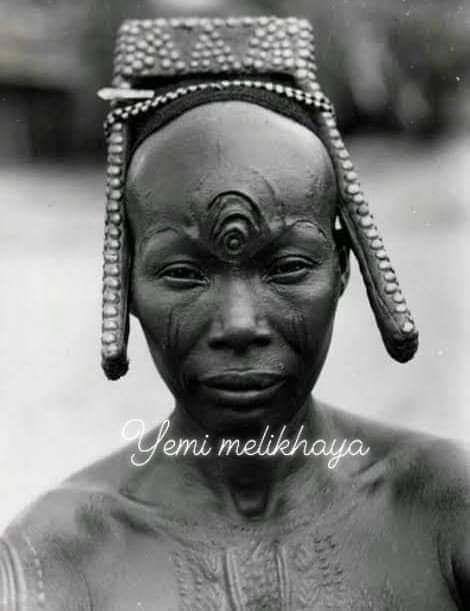The Mongo people are a Bantu ethnic group who live in the equatorial forest of Central Africa. They are the second largest ethnic group in the Democratic Republic of Congo, highly influential in its north region. A diverse collection of sub-ethnic groups, they are mostly residents of a region north of the Kasai and the Sankuru Rivers, south of the main Congo River bend. Their highest presence is in the province of Équateur and the northern parts of the Bandundu Province. The Mongo people, despite their diversity, share a common legend wherein they believe that they are the descendants of a single ancestor named Mongo.
They also share similarities in their language and social organization, but also have differences. Anthropologists first proposed the Mongo unity as an ethnic group in 1938 particularly by Boelaert, followed by a major corpus on Mongo people in 1944 by Vanderkerken – then the governor of Équateur. The Mongo people traditionally speak the Mongo language (also called Nkundo) or one of the related languages in the Bantu Mongo family, in the Niger-Congo family of languages. The Lingala language, however, often replaces Mongo in urban centers. This language has about 200 dialects, and these are found clustered regionally as well as based on Mongo sub-ethnic group such as Bolia, Bokote, Bongandu, Ekonda, Iyaelima, Konda, Mbole, Mpama, Nkutu, Ntomba, Sengele, Songomeno, Dengese and Tetela-Kusu, Bakutu, Boyela and many others.
Traditional religion of the Mongo people is largely one of ancestor worship, belief in nature spirits, fertility rites, with shamanic practices such as magic, sorcery, and body scarification.
Mongo artistic achievements, songs, musical instruments and carvings show richness and high sophistication.
You can support my page through tipš/dònations on: https://ko-fi.com/Historicalafrica
Guys let's get our Twitter page to 20K followers. Kindly click on the link to follow us on Twitter: https://twitter.com/historical_Afr











0 Comments